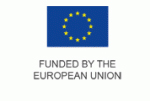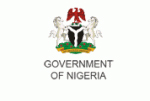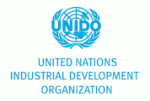ITC/NEPC demand increased participation of WOB in Public Procurement
The International Trade Centre (ITC) and Nigerian Export Promotion Council (NEPC) in Abuja made a case for increased participation of Women-Owned Businesses (WOB) in public procurement in Nigeria.
This is coming on the heels of recent report that advancing women’s inequality could add $28 trillion to global Gross Domestic Product (GDP) by 2020, therefore enabling economies to unlock their full potentials.
“Women economic empowerment is crucial to economic growth and development, especially in emerging economies like Nigeria”, said the Executive Director/CEO of NEPC, Mr. Olusegun Awolowo at a 2 – day “SheTrades Policy Dialogue on Women-Owned Businesses and Public Procurement in Nigeria” which took place at Sheraton Hotels Abuja on the 23rd and 24th January, 2020. He pointed out that when women are economically empowered they contribute significantly to employment generation, poverty reduction and increases the standard of living.
Public procurement, he noted is a powerful tool to achieve socio-economic objectives because it operates at the intersection of the government’s regulatory and buying powers. “In its combined role as a buyer and policy maker, government has the opportunity to help shape and increase the participation of women-owned businesses in procurement markets”, he added.
While recalling NEPC collaboration with ITC, the NEPC boss observed that the SheTrades initiative and SheTrades in Commonwealth project has helped to provide a platform that encourages stakeholders across governments and the private sector to address shortcomings and advance women’s economic empowerment.
According to him “Gender equality and the empowerment of women is a prerequisite in achieving the Global Development Goals on Sustainable Development adopted by the United Nations”.
Although, women-owned businesses represent between one quarter and one third of enterprises globally, they are prevalent in less productive sectors, and are largely invisible in global value chains and in corporate and government supply chains.
The objective of the 2 –day dialogue was to develop a framework to support the increased participation of women-owned businesses in public procurement in Nigeria.



